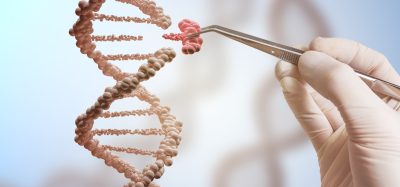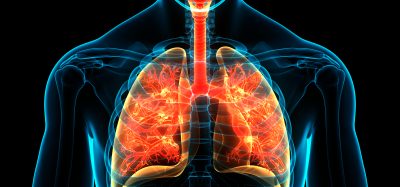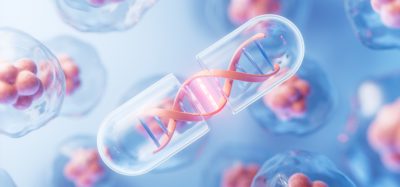GSK announces Phase III ALTTO results for anti-HER2 therapy combination in the adjuvant breast cancer treatment setting
Posted: 2 June 2014 | GlaxoSmithKline | 1 comment
GlaxoSmithKline plc announced that the Phase III study of two anti-HER2 agents, lapatinib (Tykerb™/Tyverb™) and trastuzumab, did not meet the primary endpoint of improved disease free survival…


GlaxoSmithKline plc (LSE: GSK) today announced that the Phase III study of two anti-HER2 agents, lapatinib (Tykerb™/Tyverb™) and trastuzumab, did not meet the primary endpoint of improved disease free survival (DFS) compared to single agent therapy with trastuzumab as adjuvant treatment for HER2 positive early breast cancer. The safety profile was consistent with the established safety profile of the study drugs, with no new safety signals observed.
These results were presented today at the 50th Annual Meeting of the American Society of Clinical Oncology (ASCO) in Chicago, Illinois.
“While it is disappointing that ALTTO did not meet its primary endpoint, we now have a tremendous amount of information that will help to further our knowledge of the biology of this disease and inform future studies in HER2 positive breast cancer in the adjuvant setting. Further analysis of these data will continue over the coming months,” said Dr. Rafael Amado, Senior Vice President Oncology R&D at GSK. “We are most grateful to the more than 8,000 patients across the world who participated in ALTTO—their generous contribution to the scientific community will facilitate a greater understanding of this aggressive disease.”
The primary analysis of the study tested for superiority (p≤0.025) between the combination arm and trastuzumab alone with respect to DFS; the trastuzumab followed by lapatinib arm was tested for non-inferiority (p≤0.025). The results showed that at four years, 88 percent of women lived without their disease returning (4-year DFS) in the lapatinib plus trastuzumab arm and 86 percent in the trastuzumab arm [HR 0.84 (97.5% CI, 0.70-1.02; p=0.048)]. The 4-year DFS rate for the trastuzumab followed by lapatinib arm was 87 percent compared to 86 percent in the trastuzumab arm [HR 0.96 (97.5% CI, 0.80-1.15; p=0.061)].
Adverse events (AEs) more frequently reported in the lapatinib plus trastuzumab arm compared to the trastuzumab arm were diarrhoea (75% vs. 20%), rash (55% vs. 20%) and hepatobiliary (23% vs. 16%). Diarrhoea, grade 3 or higher, was increased in all lapatinib containing treatment arms (5-15%), compared to trastuzumab alone (1%). The incidence of febrile neutropenia was <1% across treatment arms and primary cardiac endpoints were <1% in all arms. Overall, fatal AEs were consistent between treatment groups (<1%), with no clear pattern to the reported events. AEs leading to discontinuation were higher in the lapatinib containing arms (23% in the combination arm) compared with the trastuzumab arm (8%).
Related topics
Gene Therapy
Related conditions
Breast cancer
Related organisations
Cancer Research, GSK (GlaxoSmithKline)









Undeniably consider that which you stated. Your favorite reason appeared
to be on the net the simplest thing to bear in mind of.
I say to you, I certainly get annoyed at the same time as people consider worries that they
plainly don’t know about. You managed to hit the nail upon the top as
well as outlined out the whole thing without having side-effects ,
folks can take a signal. Will probably be again to get more.
Thank you